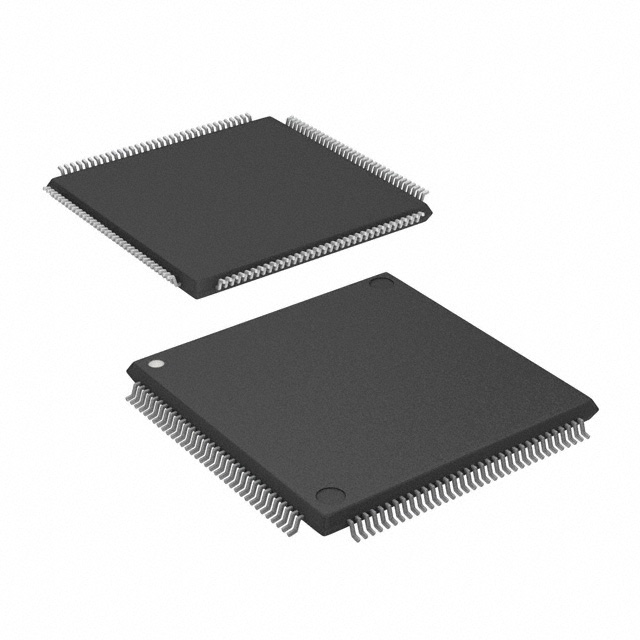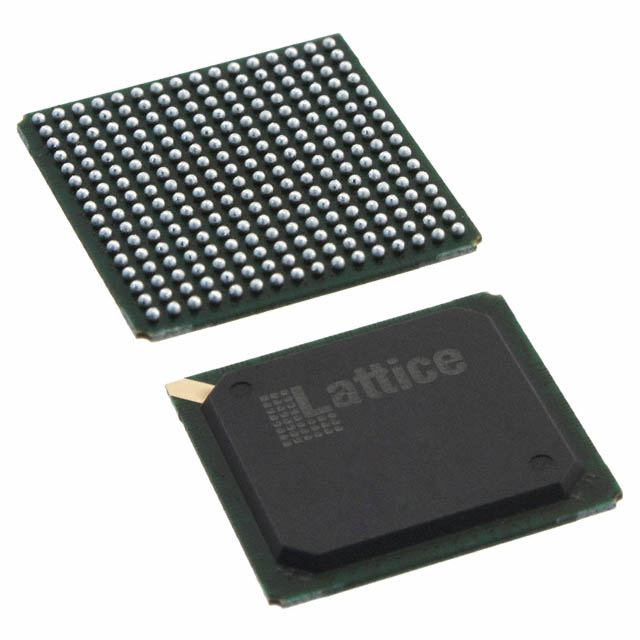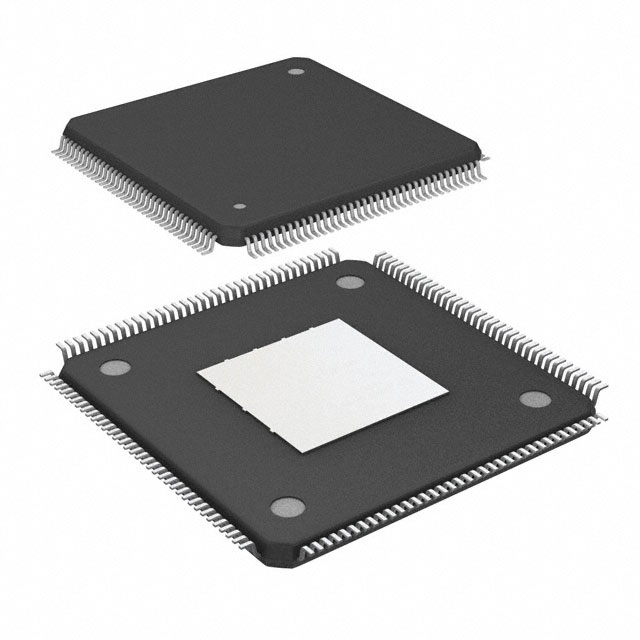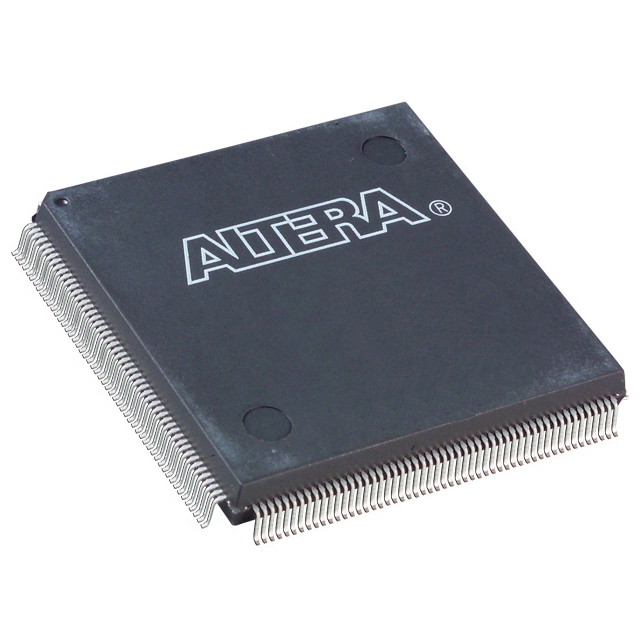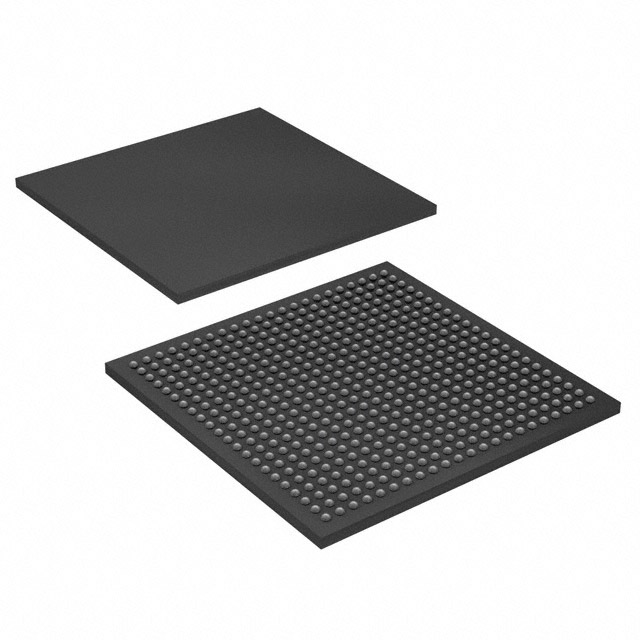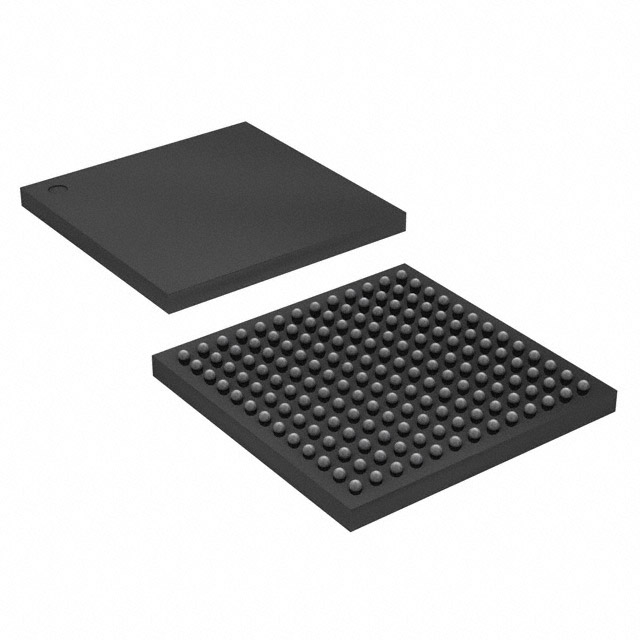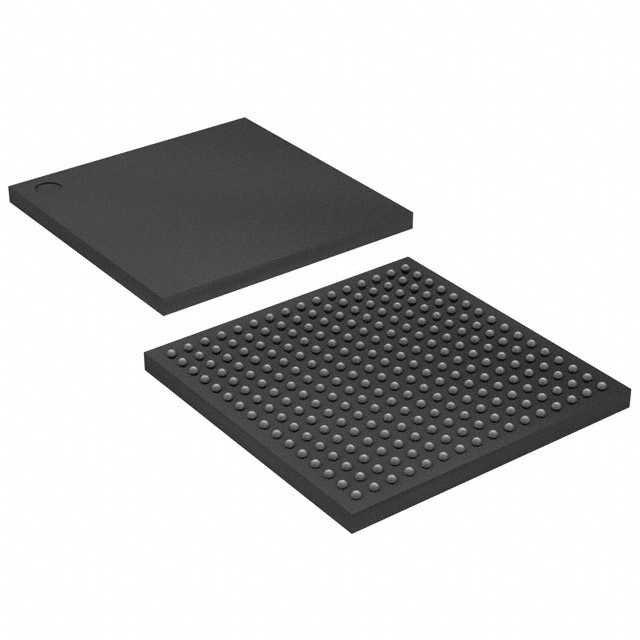LCMXO2-2000ZE-1TG144I
Manufacturer No:
LCMXO2-2000ZE-1TG144I
Manufacturer:
Description:
IC FPGA 111 I/O 144TQFP
Datasheet:
Delivery:





Payment:




In Stock : 600
Please send RFQ , we will respond immediately.









LCMXO2-2000ZE-1TG144I Specifications
-
TypeParameter
-
Supplier Device Package144-TQFP (20x20)
-
Package / Case144-LQFP
-
Operating Temperature-40°C ~ 100°C (TJ)
-
Mounting TypeSurface Mount
-
Voltage - Supply1.14V ~ 1.26V
-
Number of I/O111
-
Total RAM Bits75776
-
Number of Logic Elements/Cells2112
-
Number of LABs/CLBs264
-
DigiKey ProgrammableNot Verified
-
PackagingTray
-
Product StatusActive
-
SeriesMachXO2
The LCMXO2-2000ZE-1TG144I is a specific model of the Lattice Semiconductor's LCMXO2 family of Field-Programmable Gate Array (FPGA) integrated circuit chips. Here are some advantages and application scenarios of this chip:Advantages: 1. Low Power Consumption: The LCMXO2-2000ZE-1TG144I is designed to be power-efficient, making it suitable for battery-powered devices or applications where power consumption is a concern. 2. Small Form Factor: The chip comes in a small 144-pin Thin Quad Flat Pack (TQFP) package, making it suitable for space-constrained designs. 3. High Logic Density: With 2,000 Look-Up Tables (LUTs) and 64 I/O pins, this chip offers a decent logic density for implementing various digital circuits. 4. Easy to Use: The LCMXO2-2000ZE-1TG144I is user-friendly and can be programmed using Lattice's free design software, making it accessible to both beginners and experienced designers.Application Scenarios: 1. Embedded Systems: The low power consumption and small form factor of the LCMXO2-2000ZE-1TG144I make it suitable for use in embedded systems, such as IoT devices, wearable technology, or industrial control systems. 2. Prototyping and Development: FPGA chips like the LCMXO2-2000ZE-1TG144I are often used in prototyping and development stages of electronic designs. They allow for quick iteration and testing of different logic configurations before finalizing a design. 3. Sensor Interfaces: The chip's I/O pins can be used to interface with various sensors, enabling the processing and analysis of sensor data in real-time. 4. Communication Systems: The LCMXO2-2000ZE-1TG144I can be used in communication systems, such as data encryption/decryption, signal processing, or protocol conversion.It's important to note that the specific application scenarios may vary depending on the requirements and design goals of a particular project.
LCMXO2-2000ZE-1TG144I Relevant information






